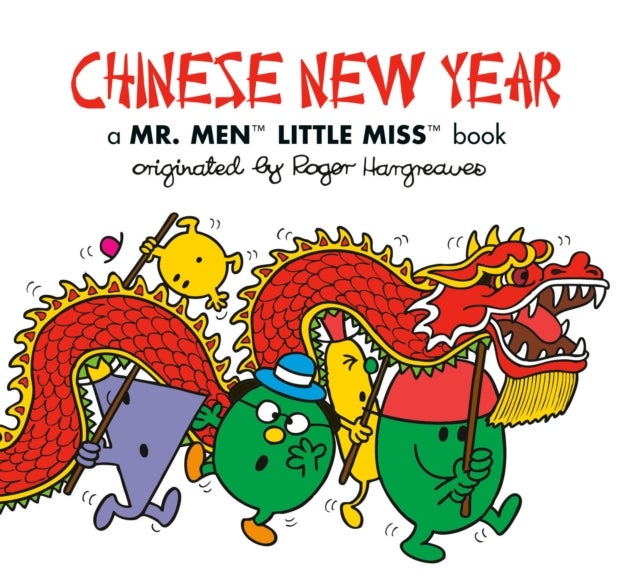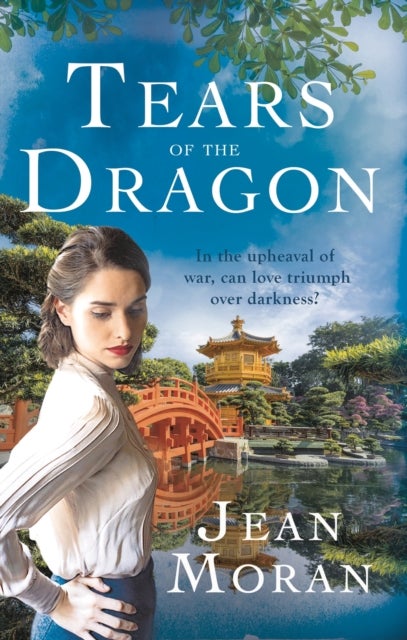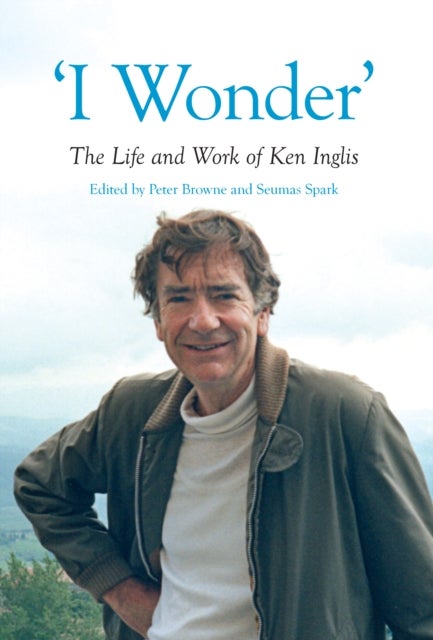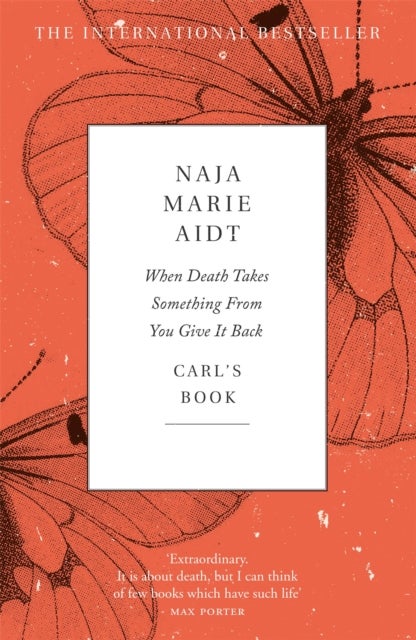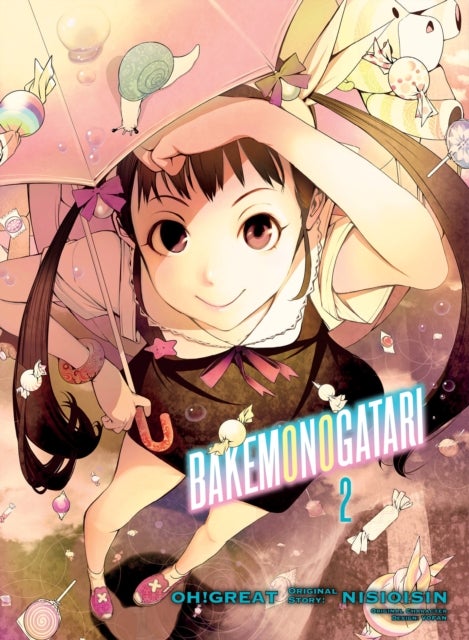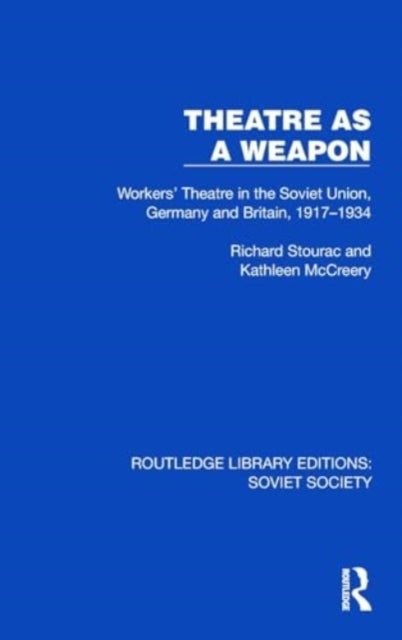
Theatre as a Weapon av Richard Stourac, Kathleen McCreery
1369,-
<p>Based on theatrical research of unusual depth and enterprise, <i>Theatre as a Weapon</i> (1986) shows how the workers¿ theatre of the 1920s and 1930s transformed the social function of theatre. Drawing largely on unpublished sources, it provides lively case studies of workers¿ theatre in the USSR, Germany and the United Kingdom. They range from the Russian mass spectacles in front of the Winter Palace, through the thousands of factory and courtyard performances in Germany, to the May Day activities of the Workers¿ Theatre Movement all over Britain. The authors worked for many years in political theatre in Britain, Austria and Germany, and they draw on their wide experience to focus on both major theoretical controversies and their practical ramifications. They show how workers¿ theatre became an instrument, a weapon, for political change, helping to raise the consciousness of thousands of workers and encouraging them to take action. They describe how worker-actors, musicians, writer


